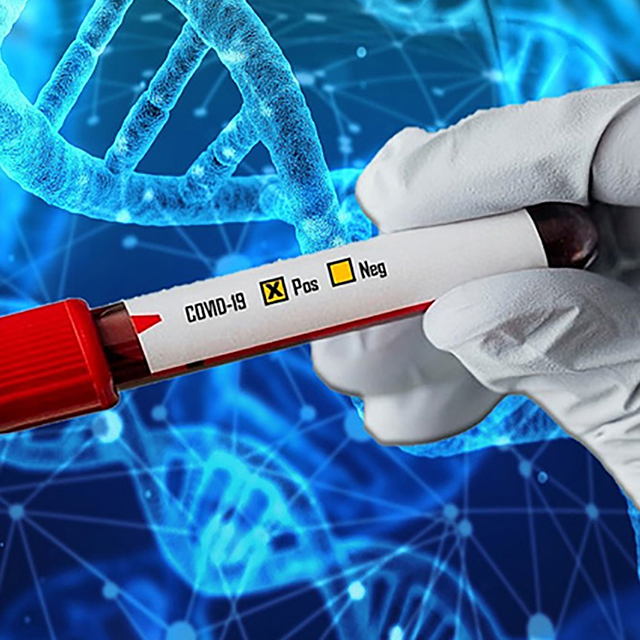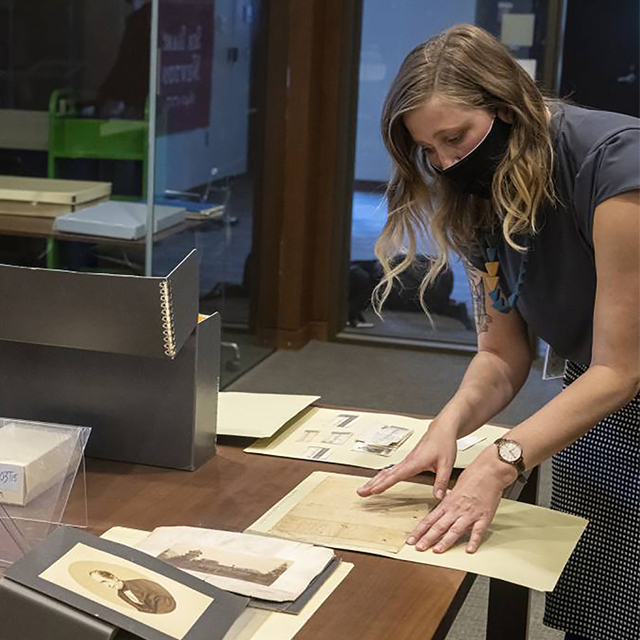People who experience a crisis related to their behavioral health are often met by teams poorly equipped to respond to their disease, including police or emergency room teams. Now, Johns Hopkins Medicine and 14 other hospitals across Maryland have received $45 million in funding to start an initiative aimed at reducing unnecessary emergency department use and police interactions for substance use and mental health crises.
The Greater Baltimore Regional Integrated Crisis System, a five-year initiative, launched in January and will serve Baltimore City and Baltimore, Howard and Carroll counties in Maryland.
“It’s our responsibility as health care leaders to use evidence-based best practices to design systems that address needs beyond those that are immediate, says Kevin W. Sowers, president of the Johns Hopkins Health System and executive vice president of Johns Hopkins Medicine.
“This is about changing and improving how our society engages with people and families experiencing a behavioral health crisis. These individuals deserve compassionate care provided by experts who understand their needs. This new effort will allow us to manage the crisis situation while getting people the help they need to address what got them to that point in the first place. This is how you protect the health and dignity of the patient while supporting families and keeping our communities safe.”
The initiative will provide a regional hotline with trained professionals who can perform assessment and de-escalation, and help schedule same-day appointments using technology that shows treatment bed availability and open appointments across hospitals and community-based providers. The hotline will deploy mobile crisis teams, available 24/7, to respond to people experiencing crisis and help them safely stabilize and connect with health care services.


